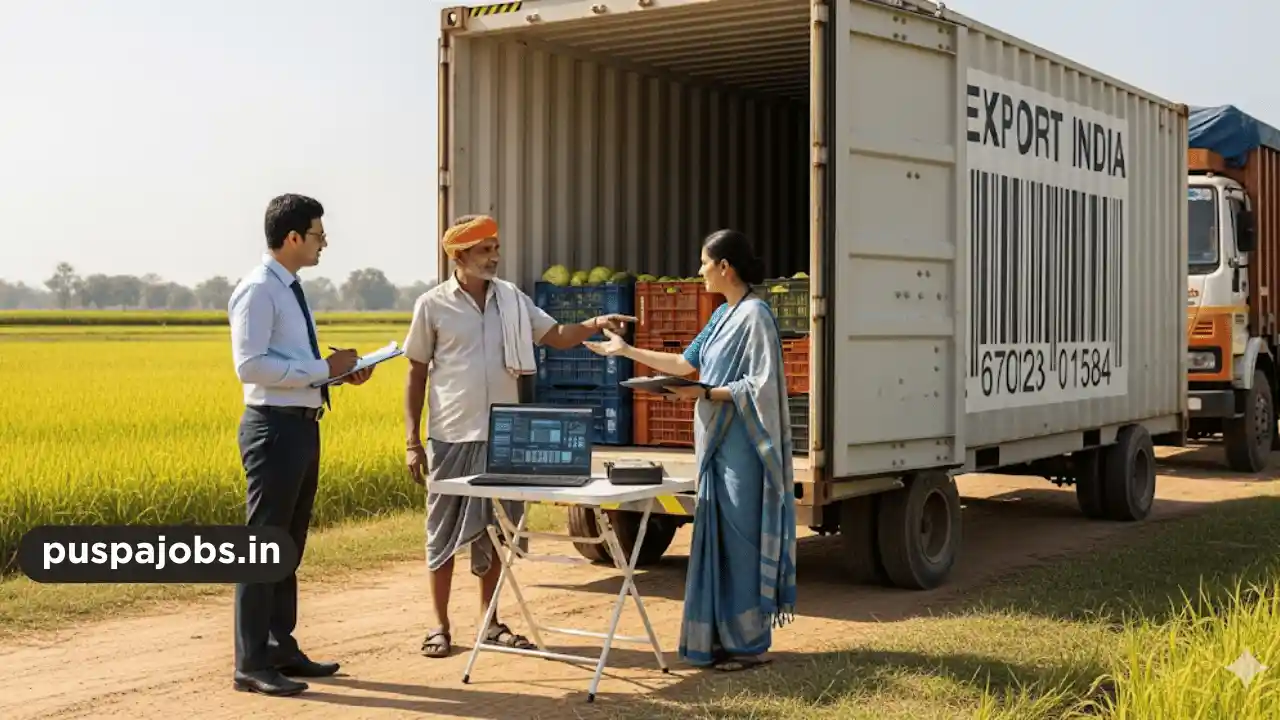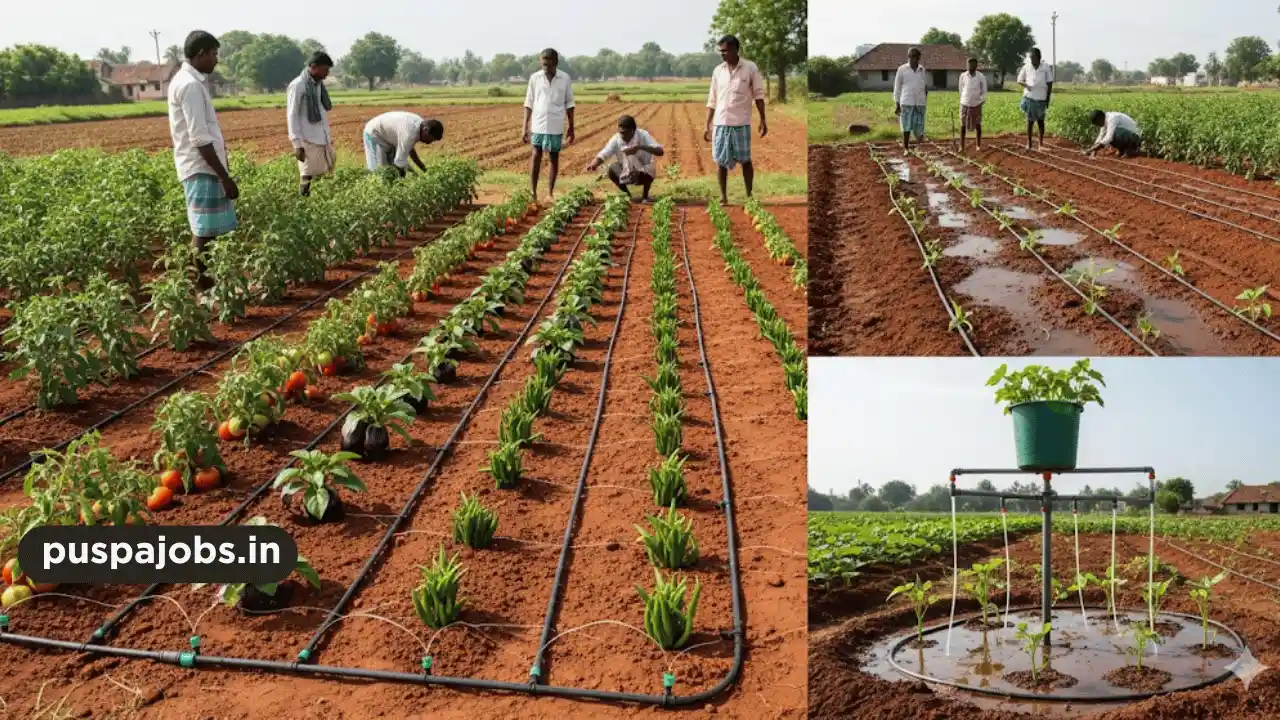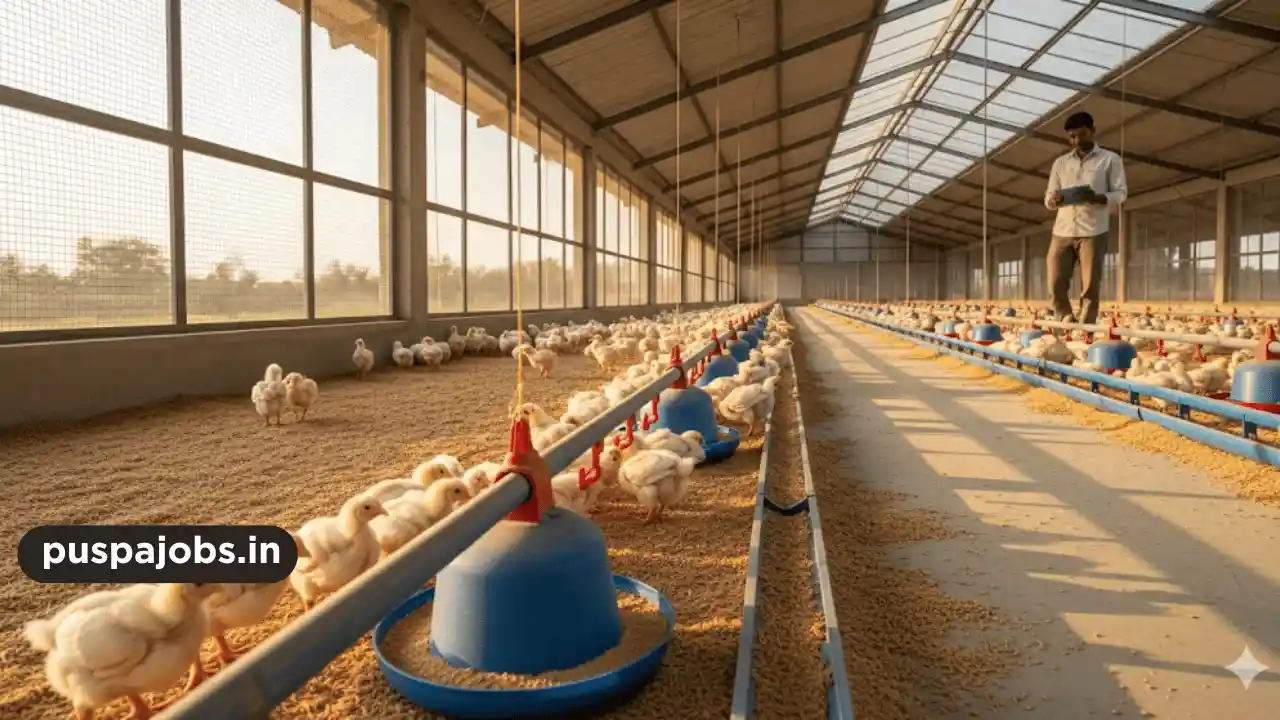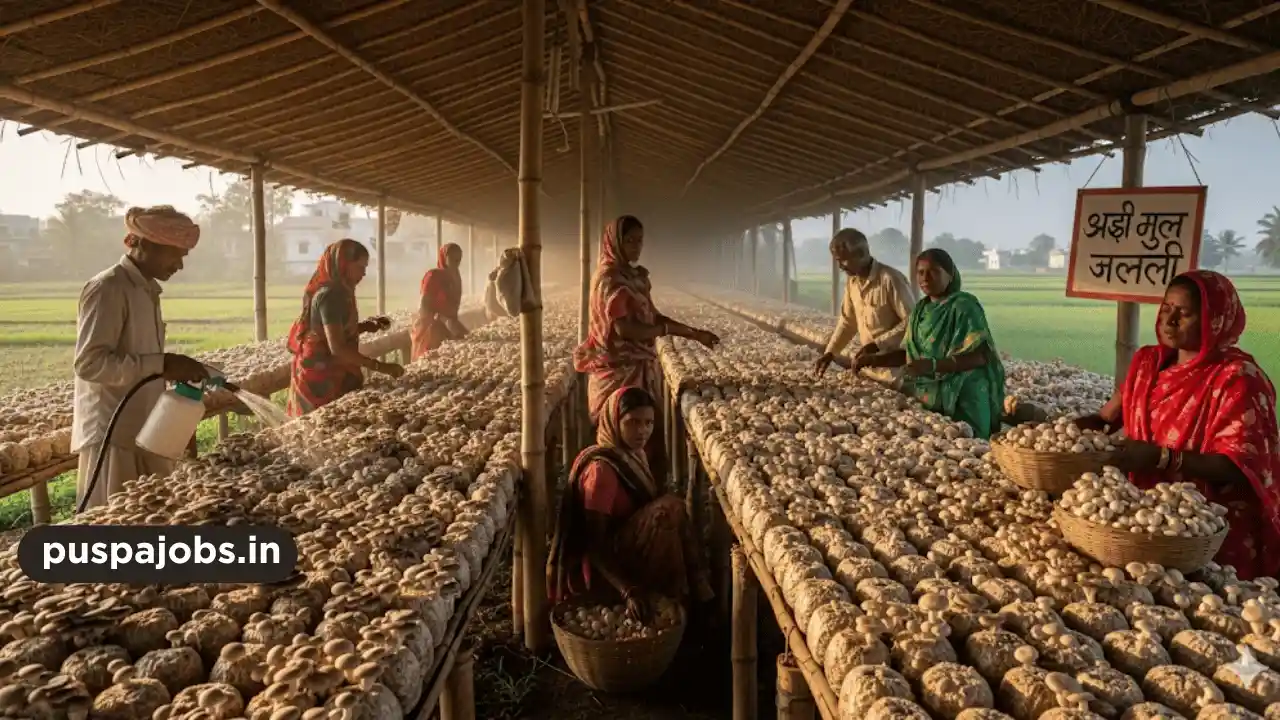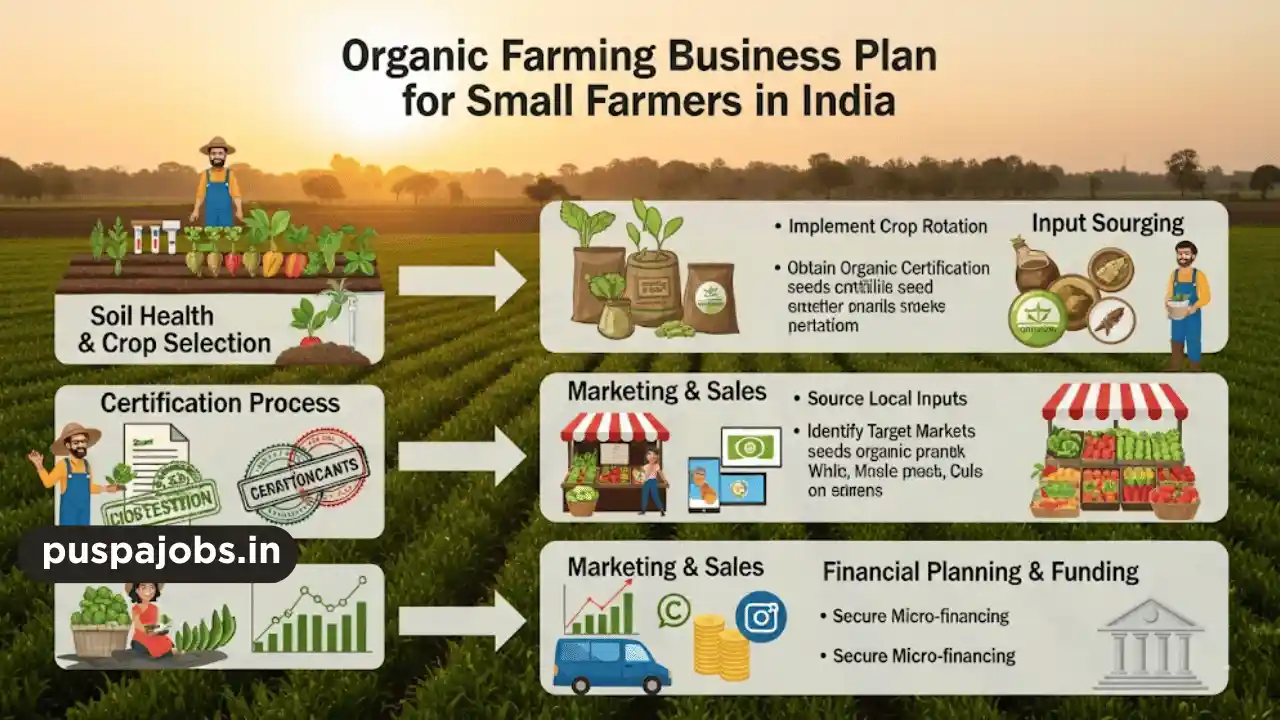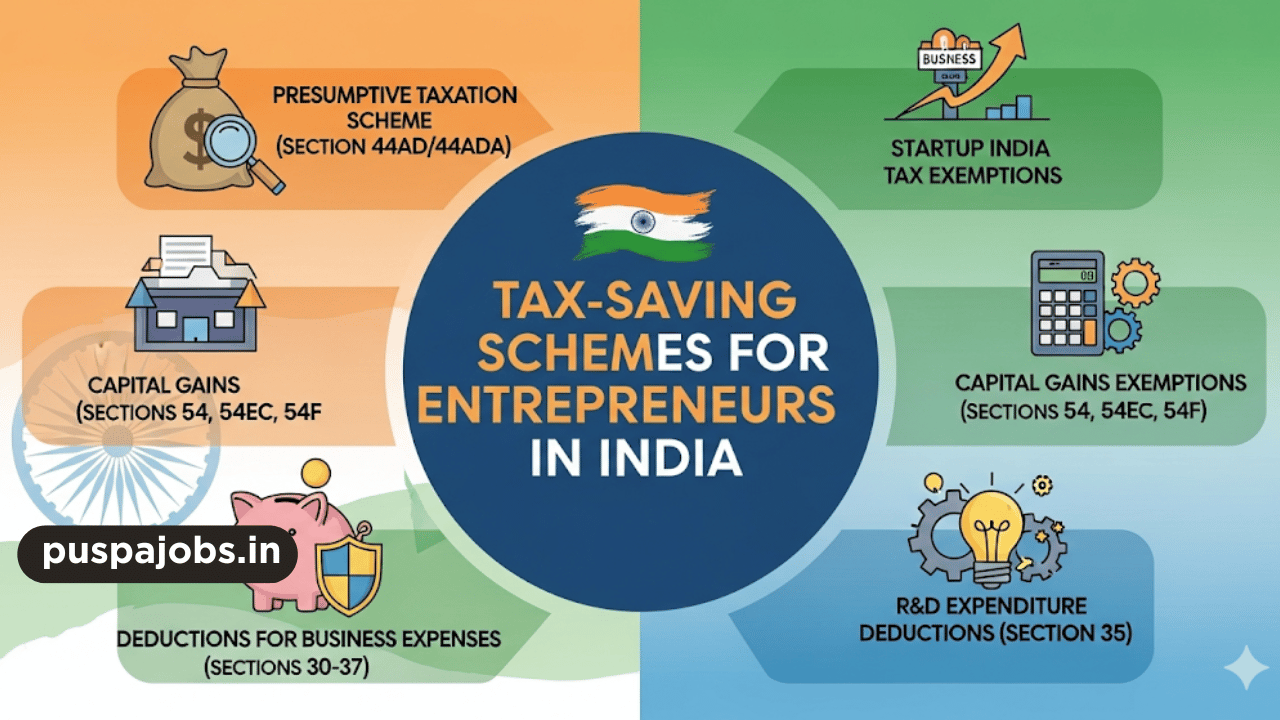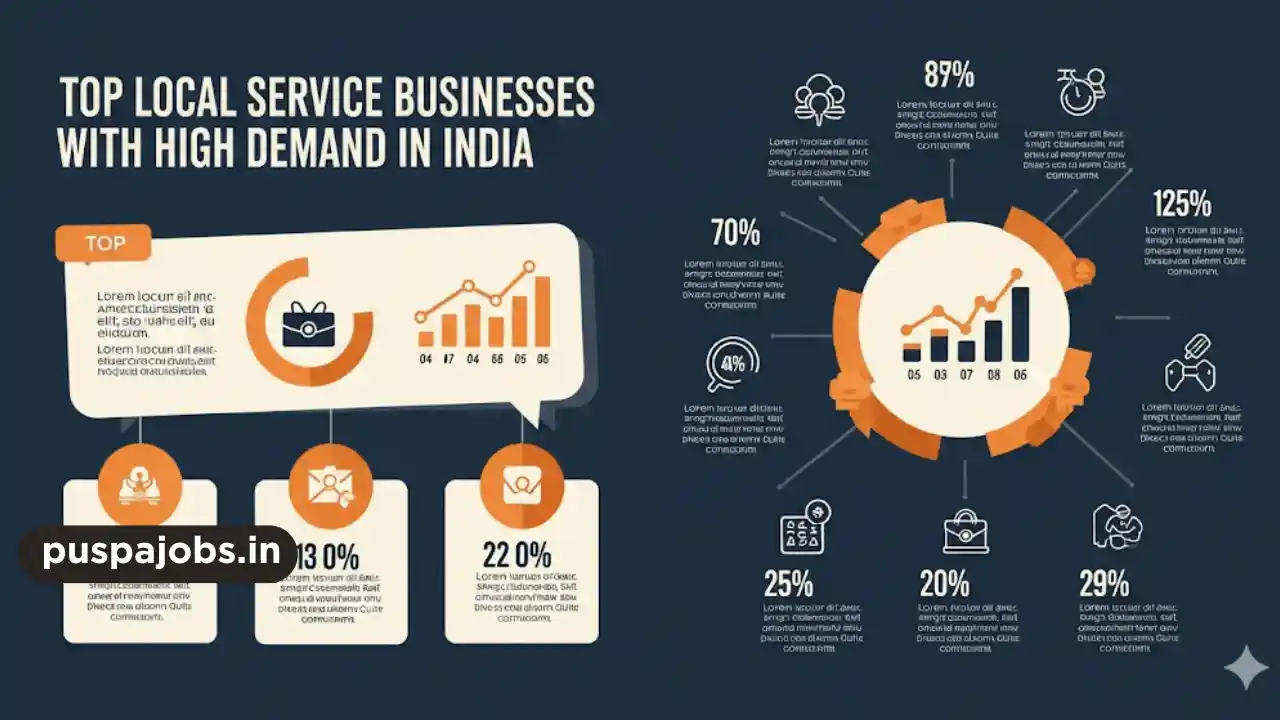Exporting farm products from India has become a lucrative business opportunity with increasing global demand for fresh fruits, vegetables, spices, grains, and processed foods. With proper planning, compliance with regulations, and knowledge of export procedures, Indian farmers and entrepreneurs can tap into international markets and earn significant profits.
Understanding the Export Market
Before starting, it is essential to research potential markets for your products. Different countries have different demand patterns, quality standards, and import regulations. Identifying target countries and understanding their consumer preferences helps in selecting the right products for export and planning production and packaging strategies accordingly.
Selecting the Right Farm Products
Popular farm products for export from India include:
- Fresh fruits like mangoes, grapes, pomegranates
- Vegetables like onions, okra, and carrots
- Spices such as turmeric, chili, and cumin
- Grains like basmati rice and millets
- Processed products like pickles, jams, and ready-to-eat foods
Choosing high-demand products with good shelf life ensures better marketability and profits.
Compliance and Certification
Exporting farm products requires compliance with Indian and international standards. Key certifications and documents include:
- FSSAI Certification – Ensures food safety standards in India
- Agmark Certification – Quality certification for agricultural products
- Phytosanitary Certificate – Required by importing countries for plant products
- APEDA Registration – Registration with Agricultural and Processed Food Products Export Development Authority for export facilitation
- ISO or HACCP Certification – Required for processed food exports
Ensuring compliance reduces the risk of rejection at international borders and builds credibility.
Packaging and Labeling
Proper packaging is crucial to maintain product quality during transit. Use durable, moisture-resistant packaging materials, and ensure labeling includes product details, country of origin, storage instructions, and batch numbers. Attractive and compliant packaging improves market acceptance and reduces spoilage during shipping.
Logistics and Shipping
Selecting reliable logistics partners is important for timely delivery. Farm products require temperature-controlled transport in many cases. Options include sea freight for bulk shipments and air freight for perishable items. Working with experienced freight forwarders and customs agents simplifies export procedures and ensures smooth operations.
Marketing and Finding Buyers
Finding international buyers can be done through trade fairs, online B2B marketplaces, export promotion councils, and networking with importers. Building long-term relationships with buyers ensures repeat orders and sustainable business growth. Highlighting the organic, high-quality, or unique attributes of your products can enhance appeal in international markets.
Costs and Profit Management
Exporting farm products involves costs like production, certification, packaging, logistics, customs duties, and marketing. Proper budgeting and cost management are essential to ensure profitability. Leveraging government export incentives, subsidies, and schemes like APEDA Export Assistance can reduce financial burden and improve margins.
Challenges and Risk Management
Exporting farm products comes with challenges such as fluctuating market prices, quality control, regulatory changes, and transportation delays. Risk management strategies include diversifying export products, investing in proper storage, monitoring market trends, and securing insurance for shipments.
Conclusion
Exporting farm products from India in 2025 offers immense opportunities for farmers and entrepreneurs to tap into global demand and earn high profits. By selecting the right products, ensuring certifications, implementing proper packaging, and finding reliable buyers, exporters can establish a successful business. With careful planning, compliance, and strategic marketing, exporting farm products can become a sustainable and profitable venture in the coming years.

